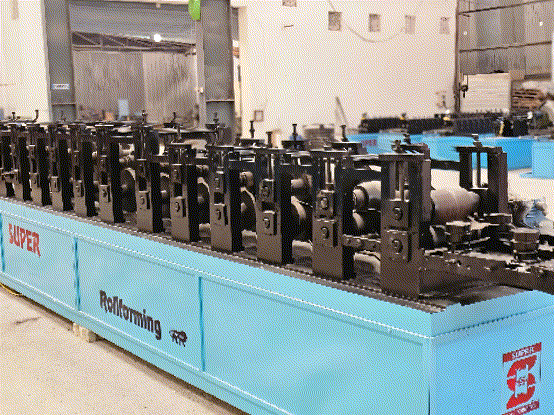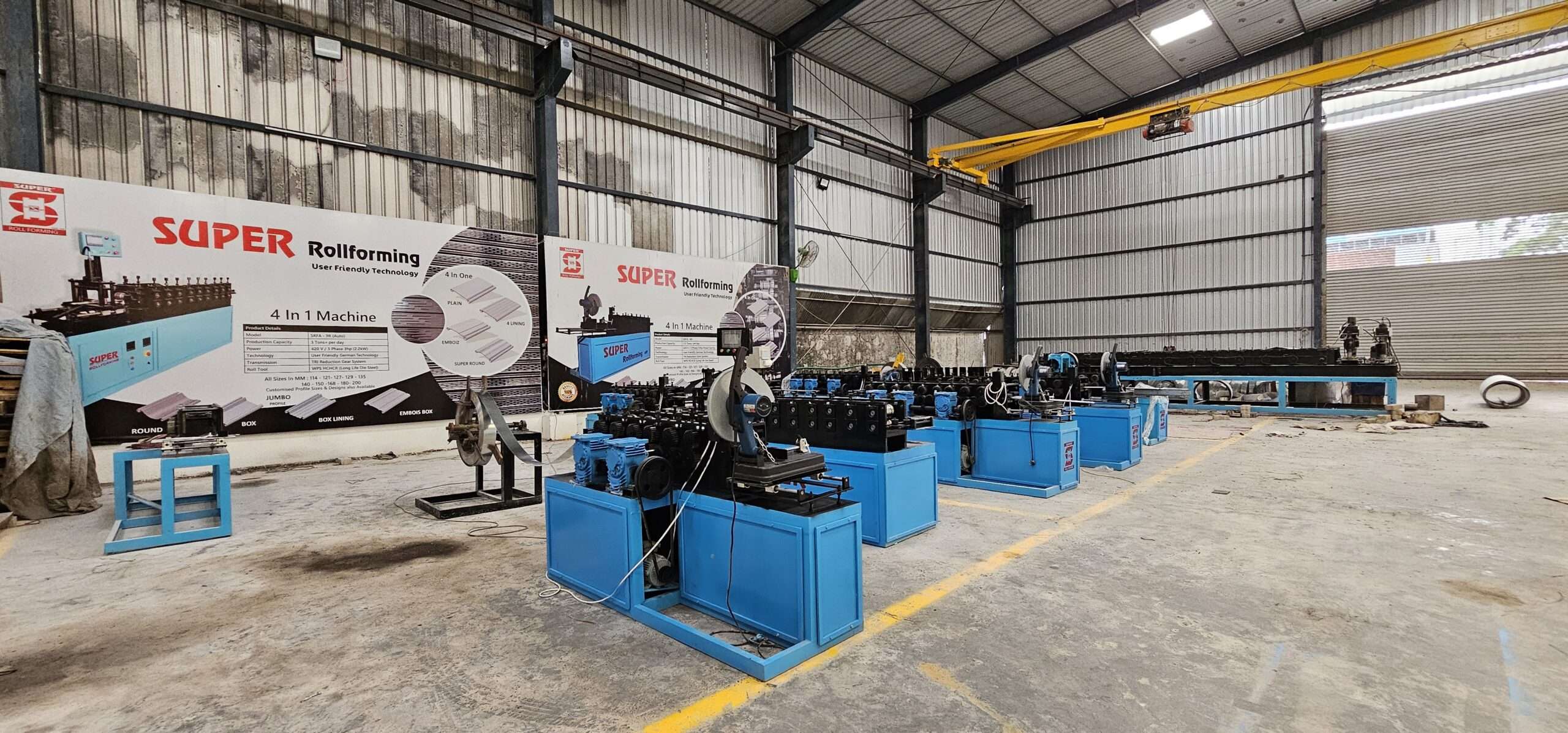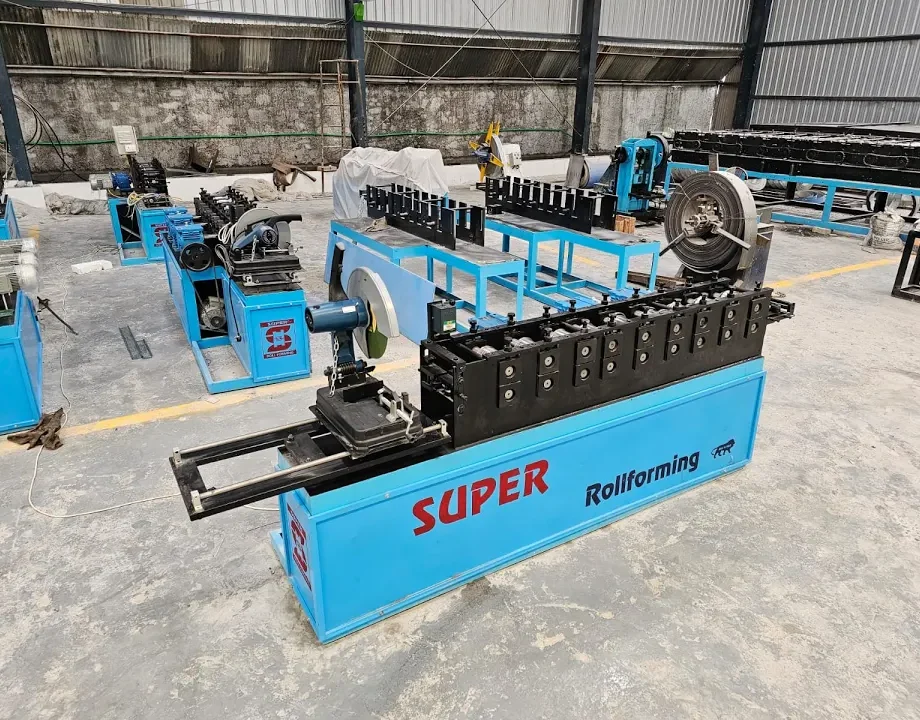Unlocking the Potential of Roll Forming Machines: A Comprehensive Guide
In the realm of manufacturing, efficiency and precision are paramount. Companies are constantly seeking innovative solutions to streamline their production processes while maintaining high standards of quality. Enter the roll forming machine, a versatile and indispensable tool in the world of metal fabrication.
Understanding Roll Forming Machines
Roll forming machines are mechanical devices designed to shape continuous strips of metal into predefined profiles. These machines utilize a series of rollers to gradually bend the metal into the desired shape, creating uniformity and consistency along the entire length of the material.
The Anatomy of a Roll Forming Machine
At the heart of every roll forming machine lies a set of meticulously crafted rollers, each serving a specific function in the forming process. These rollers work in tandem to gradually deform the metal, transforming it from a flat strip into a complex profile. Additionally, roll forming machines are equipped with various auxiliary components such as decoilers, straighteners, and cut-off systems, further enhancing their versatility and functionality.
Applications of Roll Forming Machines
Roll forming machines find application across a diverse range of industries, thanks to their ability to produce complex and custom profiles with unmatched precision. Some common applications include:
-
Construction:
Roll formed metal components are widely used in the construction industry for applications such as roofing, cladding, and structural framing. The ability to produce long, continuous lengths of custom profiles makes roll forming machines ideal for large-scale construction projects. -
Automotive:
In the automotive sector, roll formed components are employed in the manufacture of vehicle chassis, body panels, and interior trim. The high-speed production capabilities of roll forming machines make them indispensable in the automotive manufacturing process. -
Appliances:
Roll formed metal parts are also prevalent in the appliance industry, where they are utilized in the fabrication of components such as refrigerator shelves, oven racks, and washing machine panels. The cost-effectiveness and scalability of roll forming technology make it a preferred choice for appliance manufacturers. -
Solar Energy:
With the growing demand for renewable energy solutions, roll forming machines are increasingly being used in the production of solar panel frames and mounting systems. The ability to tailor profiles to specific project requirements makes roll forming an ideal choice for the solar energy industry.
Conclusion
In conclusion, roll forming machines represent a cornerstone of modern manufacturing, offering unparalleled efficiency, precision, and versatility. From construction and automotive to appliances and renewable energy, the applications of roll forming technology are virtually limitless. By harnessing the power of roll forming machines, manufacturers can optimize their production processes and stay ahead in today’s competitive market landscape.




